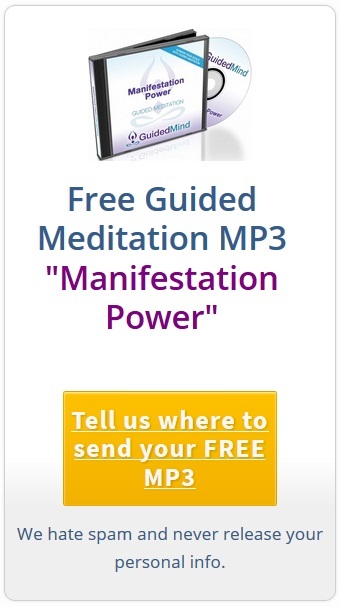It’s easy to change small habits. You don’t notice the changes as much, and you don’t miss what you’ve cut out.
The benefits of developing these nine small habits are worth the effort - what follows are our suggestions of habits that require very small investments with zero risk and that give solid returns. Who wouldn't like those odds!

9 Habits You Can Quickly Develop for Substantial Long-Term Gain.
1. Smile.

We hear this all the time, but it's worth repeating.
- A face underlined with a warm smile is pleasant and approachable.
- People are comfortable when they see a smile instead of a frown.
Walk around with a smile and others will smile back.
Do you have a natural frown? I know I do, so I make a conscious effort to smile throughout the day.
It doesn't take much effort to smile. You'll be more positive and less stressed when you approach a challenge with a smile. Then breath and focus on solutions.
2. Start the day with a warm glass of lemon water.
A glass of warm lemon water first thing in the morning is a great habit to develop. You can add just a dash of lemon - it is rich in nutrients, and it strengthens the immune system.
It helps your liver, and it improves digestion. Water brightens your skin, contributes to weight loss, flushes out toxins, regulates your temperature and the list continues.
3. Walk.

Intense workouts in the gym or hours on the track are the only way to see meaningful results, aren't they? Wrong!
A study by the Lawrence Berkeley National Laboratory found that walking lowers heart-related conditions.
In fact, researchers found that walking is as effective as running. Go for a brisk walk whenever you can
. Substitute the car for walking when you don't go far.
Take it a notch further. When you need to go up a few floors - take the stairs!
4. Give yourself a pep talk.
Don’t start the day with negativity. Start your day with positive reinforcement.
Visualize your strengths and accomplishments - they self-worth and add to the desire to succeed.
In the long term, this habit builds confidence to set bigger goals and to take up leadership roles. It’s can also help you handle challenges and cope with pressure.
5. Read less fluff.

Open a magazine or go online to see how worthless content has become. It’s hard to understand why people feed their minds with pointless information.
Don’t overload your brain reading stuff that eats away at your senses. Books should enhance knowledge and foster healthy relaxation. Read books, and let them inspire you.
6. Carry a pocketbook.
- Have you ever had a brilliant idea that you struggled to remember later?
- Do you forget important information because you can’t write it down in time?
You could use your electronic gadgets to make records, but they’re fidgety and distracting. It’s effortless to make notes on the spot with a small notebook.
Notebooks are so useful that even Richard Branson keeps one! You’ll never miss important ideas and information again.
7. Drink tea without sugar.

It’s difficult to avoid the negative effects of sugar when even the sugar-free alternatives contain unhealthy additives.
One or two teaspoons of sugar in your morning tea or coffee doesn’t sound like much, but it adds up over time. A small reduction in sugar intake can have big effects on the body – obesity, clinical depression, and heart disease rates fall.
Without added sugar, the full benefits of tea emerge. It’s a powerful antioxidant - green tea and black tea, in particular, have strong properties. Tea contains fluoride, so dental hygiene improves, and it helps with rehydration.
8. Take initiative.
Show initiative in small ways to create opportunities.
- When you greet people first, you take the first steps in building relationships.
- Volunteer to develop your skills and to earn the respect and trust of others.
- When you solve a problem before someone asks you to, you gain admiration. You’ll be the go-to person when big opportunities emerge.
9. Solve a puzzle.

Keep your mind active with mental challenges, brain teasers, crossword puzzles and strategy games.
They'll improve your memory and they are good stress relievers because they distract from troubles and anxieties. As a bonus, you can improve your spelling, arithmetic, and general knowledge.
What habits do you think are essential for anyone to have? Which would you add to this list? Let your thoughts be heard - we appreciate all comments!

